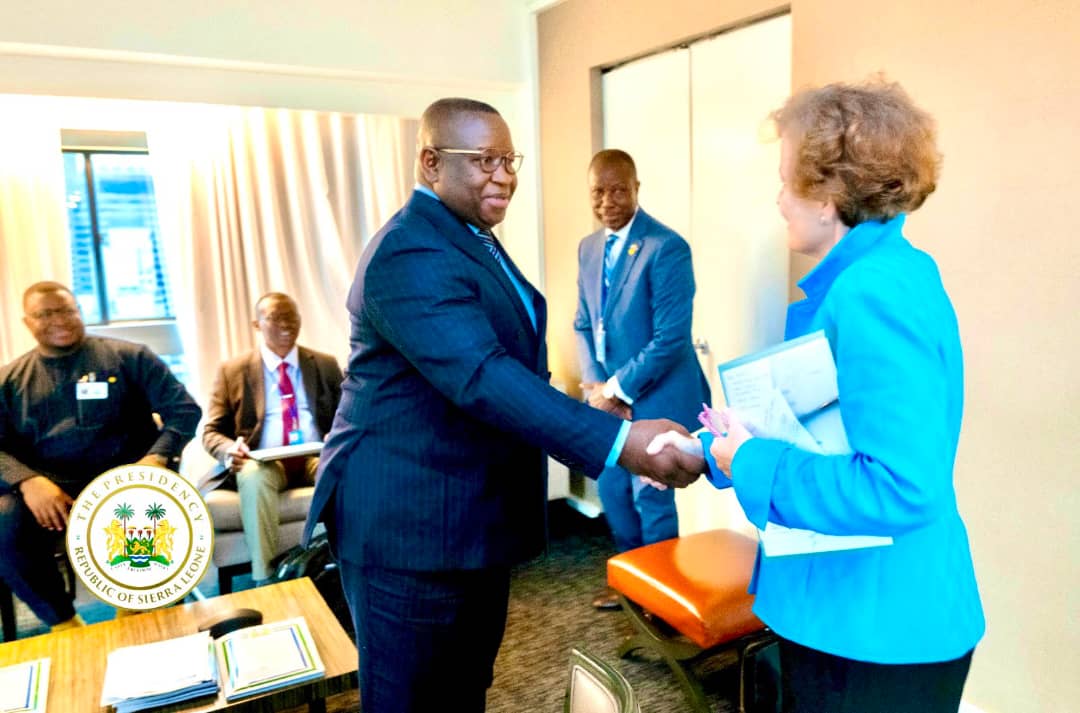For Immediate Release
June 26, 2024
Contact: 202-521-3880
Email: press@mcc.gov
WASHINGTON (June 26, 2024) – Today the Millennium Challenge Corporation (MCC) Board of Directors approved compact grant investments in the energy and education sectors in Belize and in the energy sector in Sierra Leone. MCC investments are designed to spark economic growth, reduce global poverty, promote democracy, and directly benefit people in need.
The Belize Compact will tackle challenges in education and high electricity costs that limit economic growth in the country. The $125 million compact grant aims to equitably increase the number of post-primary school graduates with relevant labor market skills and lower the wholesale cost of electricity in Belize. The Education Project focuses on inclusion and equity by creating opportunities for members of groups that traditionally have been excluded in Belize, while closing gender gaps facing male students in educational retention and attainment, and female students in workforce preparation.
In Sierra Leone, 70 percent of the population does not have access to electricity. The MCC compact with Sierra Leone is important for its potential to deliver affordable energy for 4.6 million people. Approval of the $480 million investment reflects the MCC Board’s recognition of the progress made to implement the Agreement for National Unity, including the delivery of the draft Electoral Review Committee report, which is expected to be finalized and published in the coming days. These actions taken to date represent a critical advancement of efforts to strengthen Sierra Leone’s democratic and electoral institutions following the June 2023 elections. In making its decision to approve, the Board also noted the need for continued progress toward implementing meaningful electoral reform through peaceful dialogue and inclusive political processes including the near-term publication of the Electoral Review Committee report.
In other business, the Board of Directors received updates on MCC’s Gender and Inclusion Policy and the agency’s financial audits. The Board also acknowledged its June 3 concurrence with MCC CEO Alice Albright’s decision to terminate remaining assistance to Niger under the Niger Regional Transport Compact. The Nigerien military’s actions against the democratically elected government were determined to be inconsistent with MCC’s statutorily mandated eligibility criteria. In making this difficult decision, MCC’s Board noted its strong interest in partnering with the Nigerien people once a democratically elected government takes office.
The Millennium Challenge Corporation is an independent U.S. government agency working to reduce global poverty through economic growth. Created in 2004, MCC provides time-limited grants and assistance to countries that meet rigorous standards for good governance, fighting corruption and respecting democratic rights.
###









